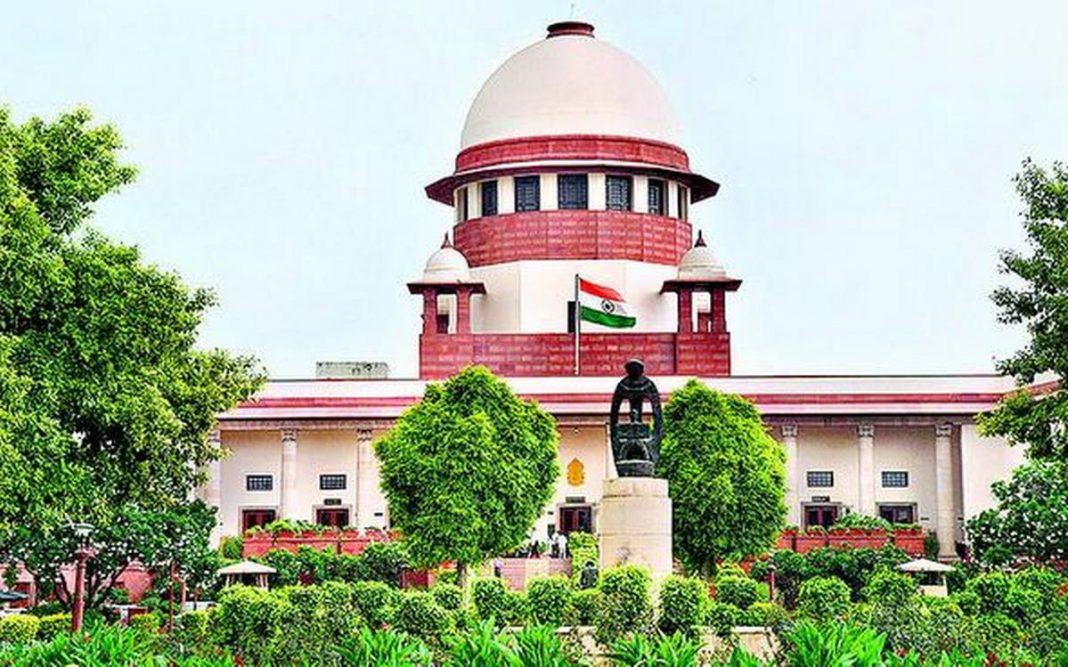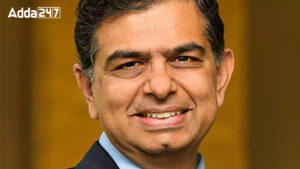Introduction
In a significant development, the Supreme Court of India has expanded its judicial strength by welcoming three new judges. This move, coming at a time when pending cases are nearing a critical mark, reflects the court’s commitment to addressing the persistent challenge of backlog. Let’s delve into the details of this noteworthy development.
The recent induction of three judges has taken the Supreme Court’s judicial strength to its sanctioned capacity of 34. This is crucial for ensuring that the court has the necessary manpower to handle the multitude of cases that come its way.
Pending Cases Surge
While the court bolsters its ranks, the National Judicial Data Grid (NJDG) dashboard indicates a looming challenge. The pendency clock on the NJDG dashboard threatens to reach a high of 80,000 cases within the next 24 hours. This surge in pending cases emphasizes the urgency of reinforcing the judicial system.
Swift Collegium Recommendations
Delhi High Court Chief Justice Justice Satish Chandra Sharma, and Rajasthan and Gauhati Chief Justices Augustine George Masih and Sandeep Mehta were sworn in as Supreme Court judges within three days of the apex court Collegium recommending them. The expedited appointments align with the Collegium’s intent to address the perennial issue of pending cases.
Backlog Tackling Strategy
The Collegium’s recommendation on November 6 highlighted the continuous challenge of pending cases and expressed its determination to tackle the backlog. The year 2022 saw the case count fluctuating around the 70,000 mark due to the pandemic, despite administrative changes. The new appointments aim to eliminate the problem of judicial vacancies.
Current Pendency Statistics
According to the NJDG dashboard, the total pendency in the Supreme Court as of November 9 evening stands at 79,717 registered and unregistered cases. Among these, 24,834 cases are less than a year old. In October alone, 4,915 cases were instituted, and 4,454 were disposed of. The year 2023 has witnessed 47,135 cases instituted and 46,193 disposed of.
Chief Justice Chandrachud’s Anniversary
Chief Justice Chandrachud completed one year in office on November 9, 2022, inheriting 69,647 cases when he took over as the top judge. Despite an unusually heavy filing during his tenure, the Supreme Court’s statement on this occasion emphasized that pendency had “not increased much.”
Future Judicial Transitions
The Supreme Court will function with its full strength of 34 judges until Justice Sanjay Kishan Kaul, the current number two judge, retires on December 25, 2023. Justice Kaul, known for his vocal stance on judicial appointments, is currently overseeing a case on government delays in the appointment process.
Government’s Swift Action
The government’s prompt appointment of the three judges, within two days of a reminder from Justice Kaul, showcases a proactive approach. Justice Kaul’s Bench is actively addressing issues related to government delays in judicial appointments.
Collegium’s Considerations
The choice of Justice Sharma, Justice Masih, and Justice Mehta reflects the Collegium’s careful consideration of both merit and seniority. Justice Sharma, ranking second in all-India seniority, hails from Madhya Pradesh. Justice Masih, seventh in seniority, belongs to a minority community, representing Punjab and Haryana. Justice Mehta, although 23rd in seniority, is the senior-most judge from Rajasthan, justifying the Collegium’s decision to ensure representation from that region.



 KV Subramanian Appointed As Federal Bank...
KV Subramanian Appointed As Federal Bank...
 Sanjeev Krishan Re-Elected as PwC India ...
Sanjeev Krishan Re-Elected as PwC India ...
 Manolo Marquez Appointed Head Coach Of I...
Manolo Marquez Appointed Head Coach Of I...
